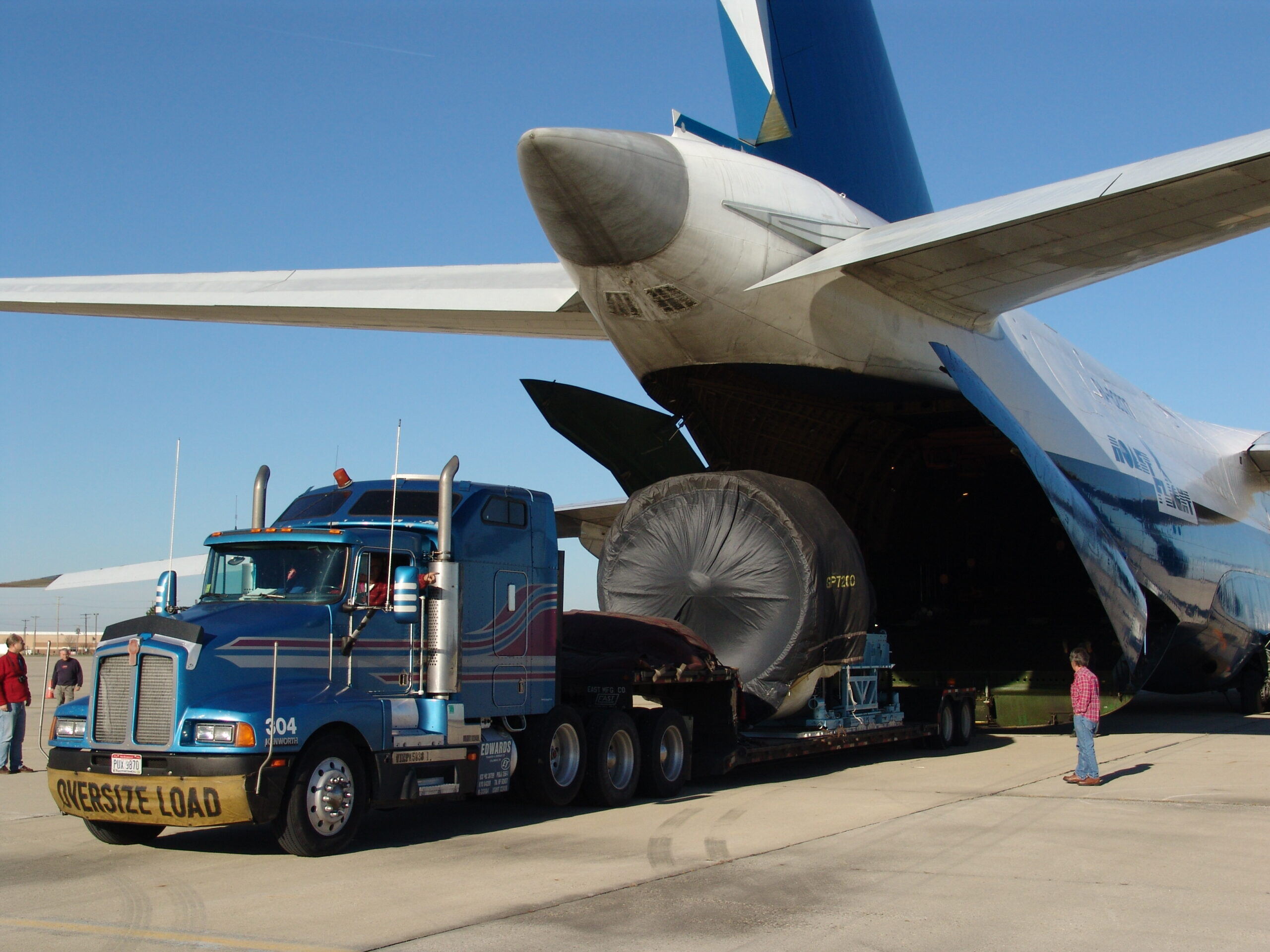Head to a busy warehouse, airport, or container port and you will likely find a bustling hive of activity. Slip into a carrier’s office and there’s a good chance that you’ll catch a lot of terms tossed around. For example, someone might mention that the “cargo” destined for Chicago is on time, but the “freight” en route to Montreal has been delayed.
“Freight” and “cargo” are the same difference, right? Upon first listen, the details may slip past the ear, but there are some important nuances between cargo and freight. As with pretty much any field, terminology can overwhelm the uninitiated, but the details deliver meaning and clarity. Let’s take a closer look.
Simple Definitions for Freight Versus Cargo
Traditionally, cargo has referred to goods carried by ship, such as an ocean-going freighter. When airplanes became popular, “cargo” emerged as the go-to term for air-transported shipments as well. Meanwhile, railway lines proliferated in the 19th century and quickly became the preferred method for overland shipping. Rail shipments were typically labeled as freight. Later, “freight” was also used to refer to truck-borne shipments as semi-tricks and the like burgeoned.
Thus, cargo often refers to goods shipped by air or sea, while freight traditionally refers to goods shipped via rail and road.
Another simple way to illustrate the difference between freight and cargo: planes used in logistic systems to transport goods are called cargo planes. Meanwhile, the corresponding trains are referred to as freight trains. Say “freight plane” or “cargo train” out loud and it might roll of the tongue a bit funny.
Further, transport carriers refer to various fees as freight charges. As a result, many associate “freight” with fees. In fact, some now think of freight as the freight-payable dollar amount associated with the service of transporting goods. Meanwhile, “cargo” often refers to products themselves being shipped and shipments as a commodity. As global supply chains continue to move goods the world over, the terms “freight” and “cargo” will likely continue to evolve.
A Changing World Means Evolving Words
In practice, the difference between freight and cargo is shrinking and increasingly the terms are used interchangeably. This perhaps comes as no surprise given that global transportation systems are evermore interconnected, leveraging various modes of transportation, such as freight trains and freighters.
The rapid changing of hands may be eroding the differences between “freight” and “cargo.” Consider that products manufactured in Shenzhen could be transported via air cargo to Hong Kong, where they might be loaded onto an ocean-going freighter destined for Vancouver. Once in North America, the goods could be placed on trucks or trains. As different transportation modes are used, the terminology may technically shift from “cargo” to “freight,” but colloquially, folks could use the terms interchangeably.
Regardless, the differences between “freight” and “cargo” within supply chains can be important, especially for carriers and other logistics companies. The nuance may not matter as much for shippers so long as the goods get from Point A to Point B on schedule, but recognizing subtleties can promote clearer communication and improve comprehension amongst all parties. Ultimately, logistic networks that combine various modes of transportation (e.g. air and road) often prove more resilient and flexible for every stakeholder.
In need of a reliable shipping and logistics partner? Momentum Freight is a trusted international freight forwarding, warehousing, and shipping partner the world over. Contact us today to explore what a customized solution could look like for your business.
About Momentum Freight
Whether moving goods domestically or internationally, a trusted freight transport partner is pivotal to the success of your business. Momentum offers full truckload shipping and international freight forwarding services to manage all your shipping requirements.
—
Connect with Momentum Freight:
………………..
Interested In Learning More?
Our 24-hour contact service is ready and willing to help. If you have any messages, please contact them with the information below.
Email: freightsales@momentumfreight.com
Phone: 1-647-503-5630

